Keywords: Concern Australia
There are more than 200 results, only the first 200 are displayed here.
-
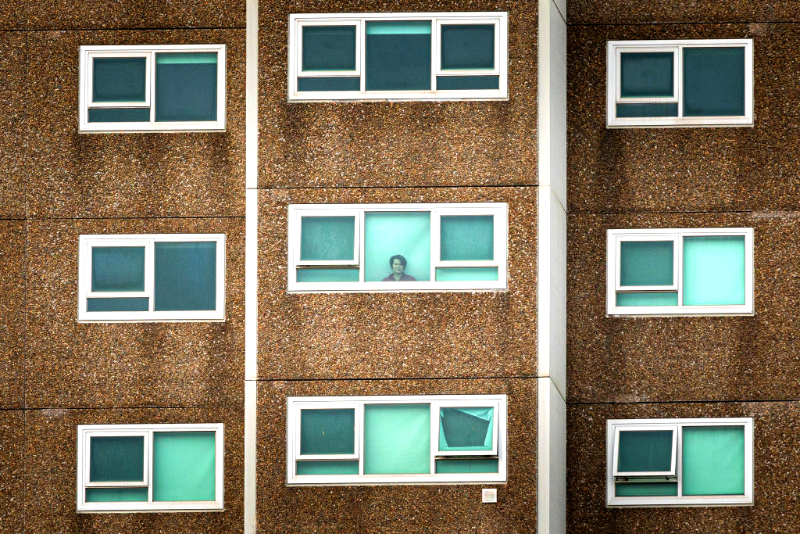
AUSTRALIA
- Brigid Meney
- 31 January 2022
18 Comments
When COVID-19 first arrived, it was described as the great equaliser. Infection could happen to anyone. Your race, creed, or the balance of your bank account didn’t matter to the virus that was spreading. But after a summer of dodging the virus and hunting for rapid tests, it is abundantly clear this isn’t a pandemic of equals. Now we have the data which quantifiably measures just how Australia's socio-economic fault lines were exposed and exacerbated by COVID-19.
READ MORE 
-
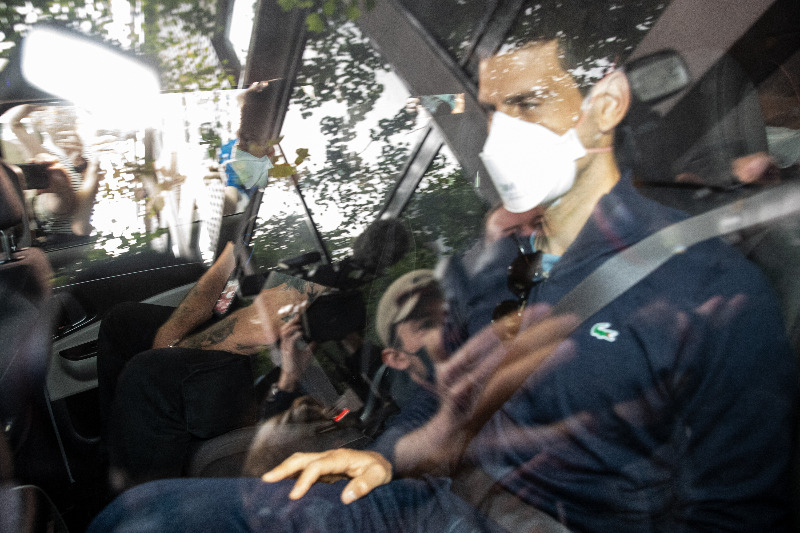
AUSTRALIA
- Joel Hodge
- 20 January 2022
25 Comments
It is unusual when political enemies unite. We should take note of them. The spectacular deportation of Australian Open tennis champion, Novak Djokovic, is one such unusual moment. Feeling had risen to a mob-like fervour. One is left wondering why?
READ MORE 
-
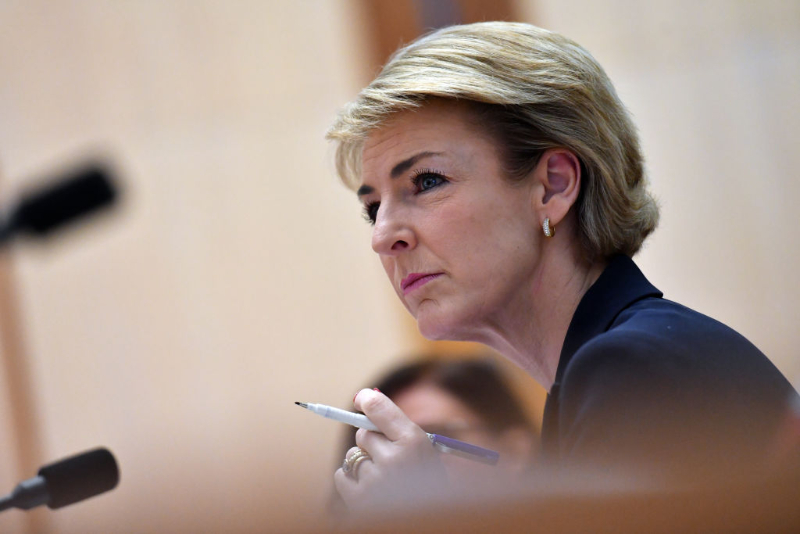
AUSTRALIA
- Frank Brennan
- 11 January 2022
2 Comments
It’s four years since the Australian Parliament amended the Marriage Act 1961 to provide that marriage means ‘the union of two people to the exclusion of all others’. The legislation followed the plebiscite on same sex marriage. To address the concerns of some religious groups, Prime Minister Malcolm Turnbull set up an expert panel chaired by long time Liberal Party minister Philip Ruddock to report on whether Australian law adequately protected the human right to freedom of religion.
READ MORE
-

EDUCATION
- Chris Middleton
- 11 January 2022
3 Comments
We need to encourage parents to have these conversations with their children, and earlier, around Years 8 and 9, rather than later. And I suspect we need to encourage boys to talk more with sisters, girlfriends, friends who are girls and good mates about consent.
READ MORE
-
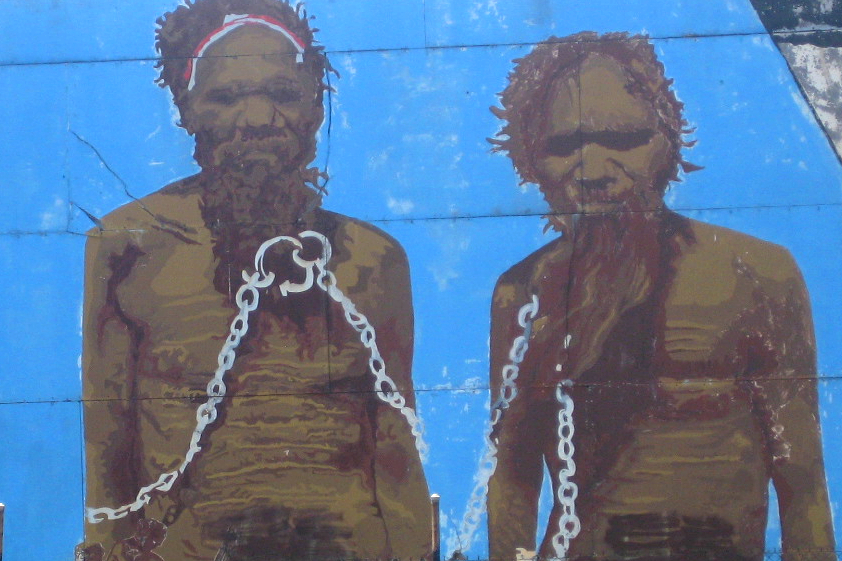
AUSTRALIA
- Brian McCoy
- 14 December 2021
15 Comments
I don’t write to State Premiers very often. However, a month ago I did. It was to the Western Australian Premier, Mark McGowan. It was not about Test cricket, the Juukan Gorge or opening the state’s borders. It was in relation to a photo on the front page of The Australian on the weekend of the 6/7 November showing an Aboriginal man in Western Australia boarding a plane under arrest. He was barefooted and with both a wrist and ankle chain.
READ MORE 
-
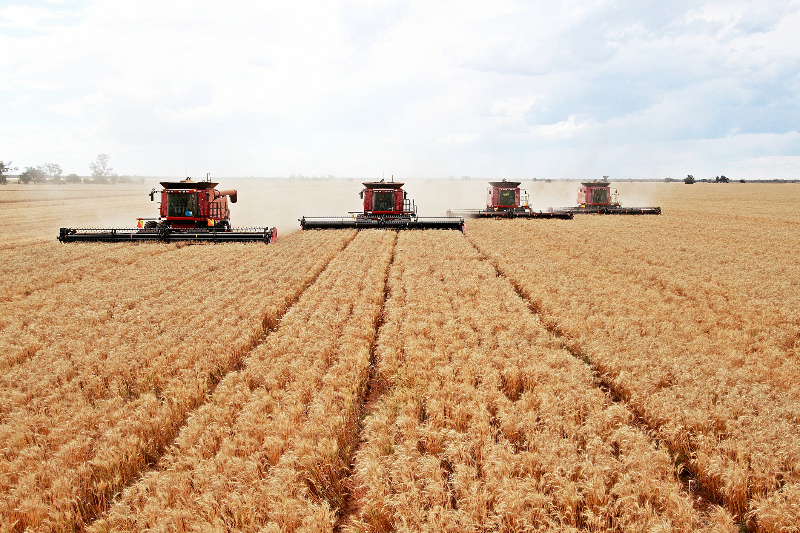
ECONOMICS
- David James
- 06 December 2021
4 Comments
If Australia does draw back from globalisation — as opposed to trade, which will continue — then there should be more focus on our primary sector and how it could be better financed. Australia’s long history as a primary producer constitutes what economists call a ‘comparative advantage’: an economic area in which a country does best while giving up the least.
READ MORE 
-
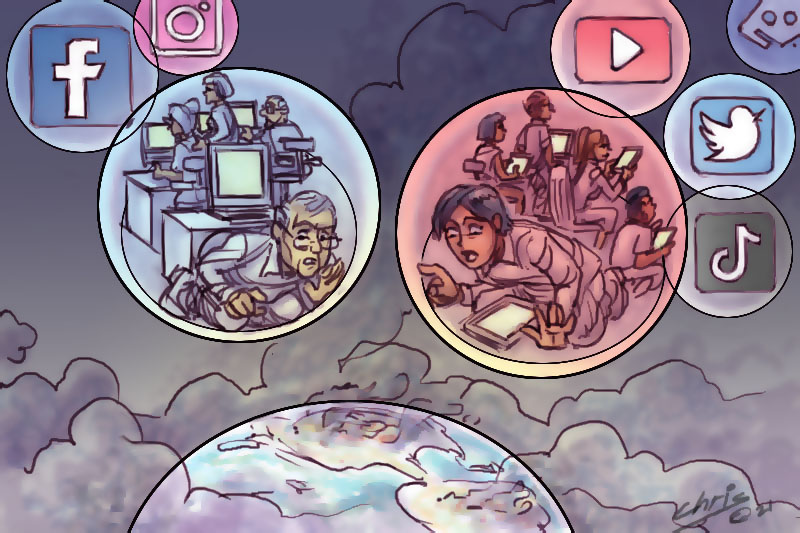
ARTS AND CULTURE
- Nina Culley
- 02 December 2021
4 Comments
Generations have historically operated in separate spaces, consuming, and interacting with the news differently. But social media has arguably deepened generational silos and echo chambers, altering our perception of world issues and most frighteningly of each other.
READ MORE
-
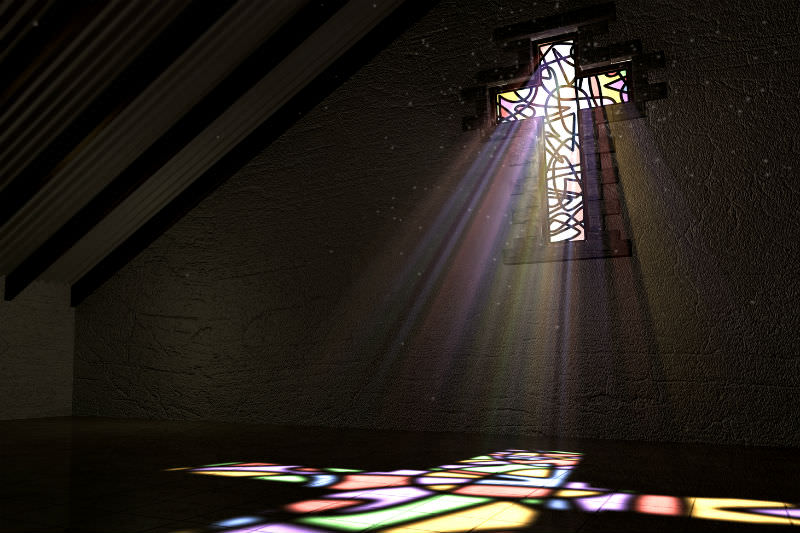
RELIGION
- John Warhurst
- 02 December 2021
72 Comments
Church and state are confronting one another right now over the federal freedom of religion bill and the Victorian anti-discrimination bill. Whenever such confrontation occurs it reveals our priorities. We define our identity by what we choose to fight for hardest.
READ MORE 
-

AUSTRALIA
- Brian McCoy
- 22 November 2021
10 Comments
We are now watching the entry of the Delta variant into the Northern Territory and with increasing concern about its possible spread across First Nations communities who vary greatly with their vaccination rates. This question was posed last Friday (19/11) on the ABC’s Coronacast: ‘Why is Indigenous vaccination so patchy?’
READ MORE 
-
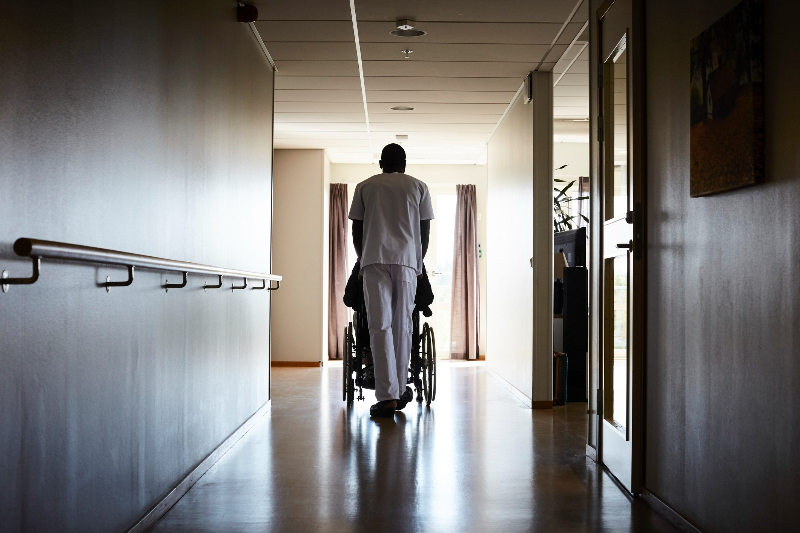
AUSTRALIA
- Andrew Hamilton
- 18 November 2021
7 Comments
The abrupt change in public attitudes to the threat of COVID calls to mind an earthy Cambodian proverb. It describes someone who has begged a boat ride across a river and then goes on his way without thanking or paying the boatman. Roughly translated the proverb says, ‘Flash your bum and say good-bye’.
READ MORE 
-

AUSTRALIA
- Frank Brennan
- 17 November 2021
63 Comments
It’s four years since the Australian Parliament amended the Marriage Act 1961 to provide that marriage means ‘the union of two people to the exclusion of all others’. The legislation followed the plebiscite on same sex marriage. To address the concerns of some religious groups, Prime Minister Malcolm Turnbull set up an expert panel chaired by long time Liberal Party minister Philip Ruddock to report on whether Australian law adequately protected the human right to freedom of religion.
READ MORE 
-
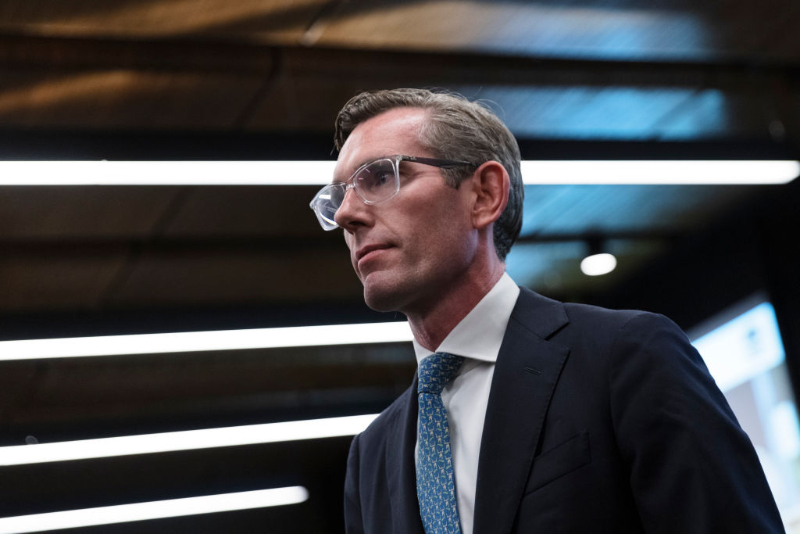
AUSTRALIA
- Julian Butler
- 01 November 2021
21 Comments
The elevation of Dominic Perrottet to the Premiership of New South Wales caused a flurry of commentary about his religious faith. In many parts of the media his politics and personality were framed by his Catholicism. I watched on with a degree of discomfort, and with a sense of possibility. Could some of the bigoted characterisations invite a richer conversation about the ideals and deeper narratives that enliven our public leaders?
READ MORE 